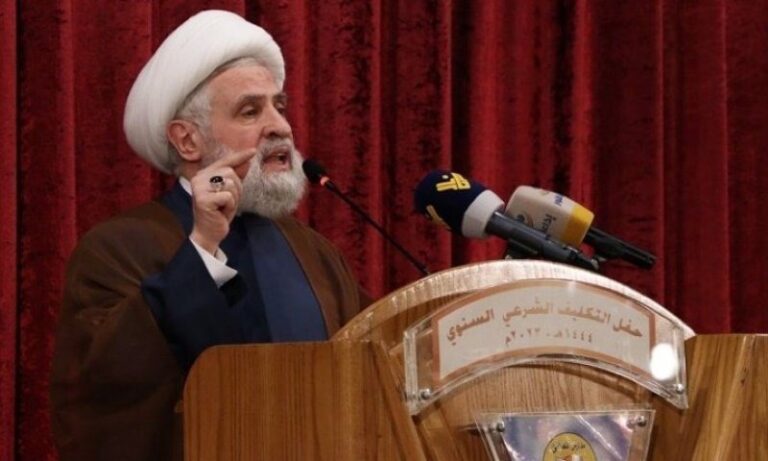There are lots of dogs in my neighborhood. Most of them even have owners. It’s interesting to observe people walking their dogs. Some are pretty serene and follow the owners’ lead. But most are quite excitable and difficult to control. Who can blame them? Who wouldn’t be antsy during their only fifteen-minute excursion of the day?
The owners are virtually lead by the dogs, not the other way around. They jump around, bark ferociously, while the owners do contortions to keep them from causing all sorts of damage. One may wonder, who’s really in control–the owner, or the dog he’s chasing around? The answer is the one holding the leash is in control, not the one with the leash around its neck. But the point is, the lines can be somewhat blurred. It’s often not clear in a given situation who’s really calling the shots.
This concept is beautifully illustrated by the Kli Yakar in Parshas Terumah. He explains that the sockets of the Mishkan are named Adanim because of their true stature. The name is rooted in adon, meaning master. At first glance this is peculiar, since they are at the very bottom of the Msihkan. They also don’t seem to have any special function, other than holding everything else up. Many vessels seem to have far more important roles in the daily Mishkan service.
The Kli Yakar says that this is the truest form of leadership. The Adanim are the foundation of the Mishkan. Sure, they’re nondescript, but they play an integral role. Without sockets, the Mishkan would collapse. It’s not being at the top that determines true value. Rather, it’s how critical a function you perform.
In fact, the Kli Yakar explains that part of what made the Adanim so precious is the very fact that they were at the bottom. The Torah’s view of true leadership is antithetical to what most people think. It’s not about the external, or the physical. Nor is it about standing at the top. Moshe Rabeinu was our greatest leader, yet the world’s most humble man. It’s precisely this humility that the Torah considers one of the most critical qualities in a leader. The fund that paid for the Adanim differed from the dedication of the rest of the Mishkan. The Mishkan had no set amount. Each individual donated “nediv lev”–what his heart chose to give. But for the adanim, each jew gave an equal amount. This demonstrated great humility. The wealthiest and the poorest, the most and least intelligent, were all equal when it came to the dedication of the sockets.
This is a fascinating idea. We’ll often look at someone wealthy, or charming, or well-connected, and perceive him as “chashuv.” Sometimes people like that are more popular. They’ll be honored at events, and garner lots of attention. But they’re only leaders on a superficial level. They aren’t necessarily making great contributions to Klal Yisrael. The true “backbones,” of the community, or Adanim, are the people behind the scenes. They may be anonymous, but they take care of those in need. They help kids at risk. They feed the poor, nurse the sick, and care for the elderly. They may not be in the spotlight, but that doesn’t make them any less chashuv. In fact, they form the true foundation of the Torah world.
The Kli Yakar goes on to say that even the Nesiim, princes of each tribe, exhibit this middah. The word Nasi comes from the hebrew word for “carry.” This is because the main function of the leader is to bear the burden of his people. True leadership is not about taking from your people, but giving to your people.
The underlying message here is the person in control doesn’t always appear that way. The adanim are critical to the Mishkan, yet they’re often overlooked because they simply blend into the background. The dog thinks he’s in control because his owner gives him relative freedom. But when necessary, the owner gets his way.
This concept can be instrumental in marriage, parenting, and even at work. If we yell and try to overpower our spouse or child, aside from the fact that it isn’t always the nice thing to do, it can also be ineffective. You may get what you want momentarily, but fear and intimidation are not true control.
The best approach is to remain low-key, like the adanim. Talk to your spouse or child. Discuss what you’d like in an unintimidating, non-confrontational way. Let them be in the driver’s seat. Show them you trust them to make the right decision. You’ll discover they’re often happy to give you what you want because they’ll feel you’re on the same team. Just as the adanim held up the other parts of the Mishkan, we must support our family, friends, and the community. This makes our personal contribution to Klal Yisrael truly valuable.
Yaakov Margulies is a Bais Medrash Rebbi in Queens, NY. He is Director of the ACHI Mentoring Program. He counsels adults and teens. To subscribe to his free audio shiur, just email “Subscribe” to [email protected].










